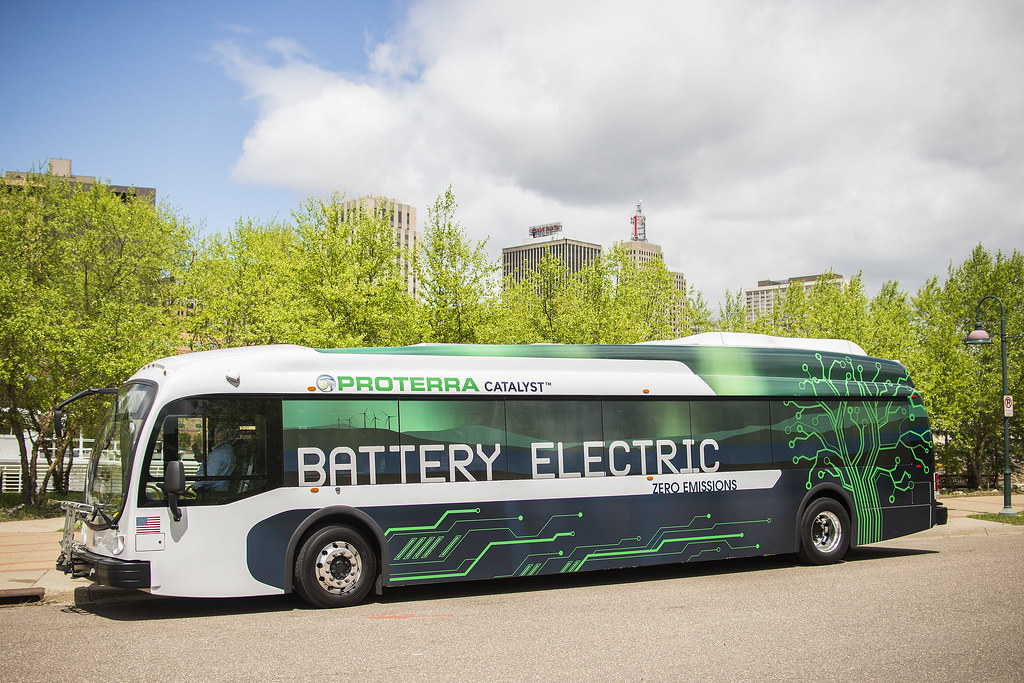- Electric vehicles can help transition away from internal combustion engines, but they'll never be as energy efficient as transit. (CBC)
- Most people don't see buses as "green," according to a British study, but that number jumps when the buses are described as electric. (Transportation Technology Today)
- Shared mobility programs will be most successful when cities choose a small number of providers that work closely with local officials. (Smart Cities Dive)
- Women are behind the drive to make Berlin car-free. (Yes Magazine)
- Unlike U.S. cities, London decided not to destroy itself by building an eight-lane ring road in the 1960s. (The Guardian)
- While Detroit (Detroit It Is) and San Francisco (Standard) are looking to replace urban freeways with boulevards, New York is thinking about widening the Brooklyn-Queens Expressway (Streetsblog NYC).
- The Atlanta Beltline trail and bus service in suburban Henry County are among the projects that received $235 million in federal funding. (AJC)
- Lower speed limits take effect in Cleveland next week (Plain Dealer), and Arlington, Virginia, is reducing speed limits in school zones (ARLnow).
- The Omaha city council approved a $440 million bond issue for a new streetcar. (3 News Now)
- This robot that carries your stuff on walking trips might be useful for some, but for most people a wagon or a cargo bike would probably do. (City Lab)
Stay in touch
Sign up for our free newsletter
More from Streetsblog USA
The New Uber-Backed Car Insurance ‘Reform’ Push Is Actually A War On Crash Victims
New York State Gov. Kathy Hochul wants to limit payouts to crash victims under the guise of "affordability" and bogus claims about "staged crashes."
Friday Video: Why Micromobility Sucks in So Many American Cities (But Not In Others)
And what we can do about it.
Friday’s Headlines Are Full of Hot Air
They done done it, as we say in the South: The Trump administration's official policy now is that climate change poses no threat to human health.
Talking Headways Podcast: Concrete Doesn’t Spend Money, People Do
Dr. Lawrence Frank shows how the decisions we make about the built environment are a symbol of why the world is so f'd up. A very special edition of Talking Headways.
Why Does Trump Wants To Punish Cities For Free Buses?
Hint: it's probably not to make anyone's transportation network better!
Thursday’s Headlines Come Together
A large coalition is urging Congress to protect funding for active transportation.






